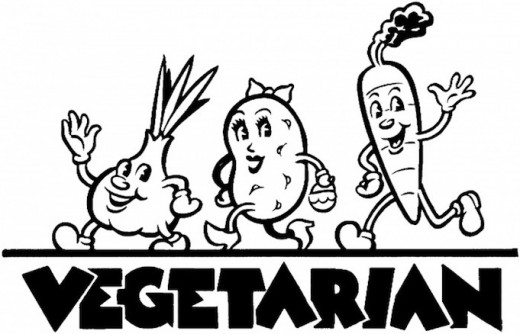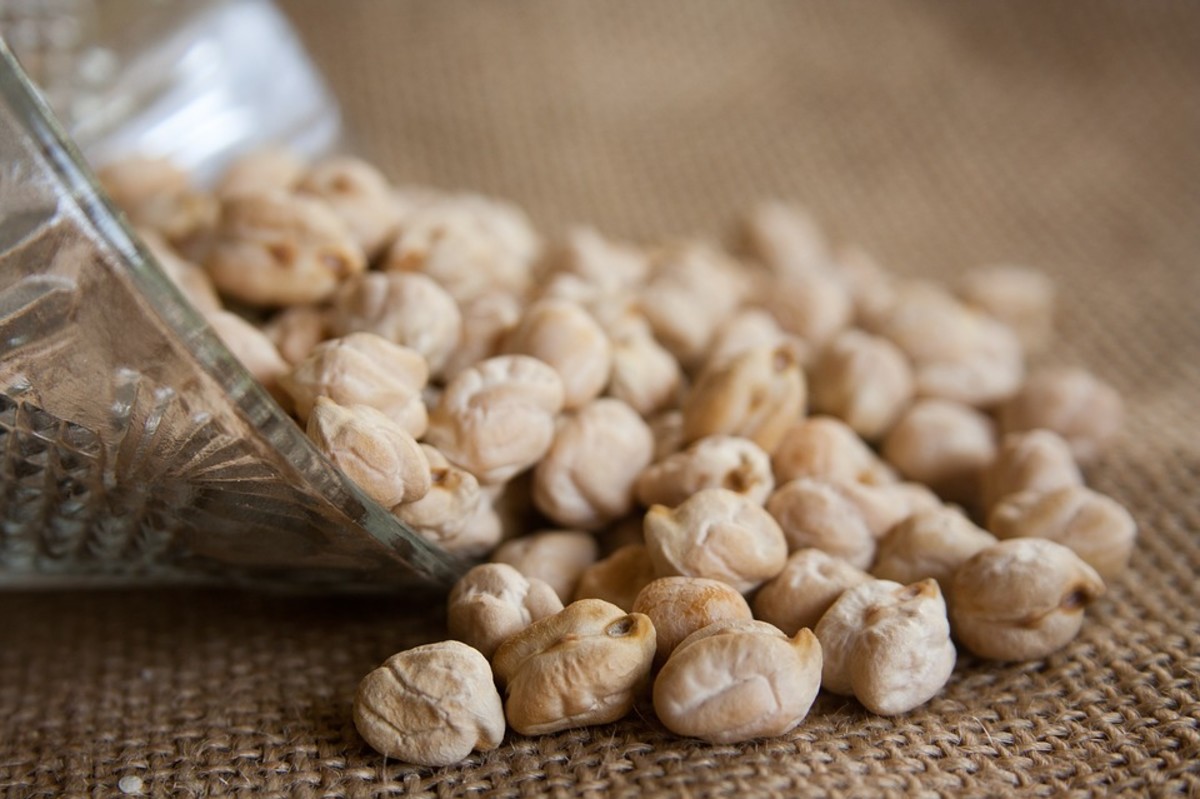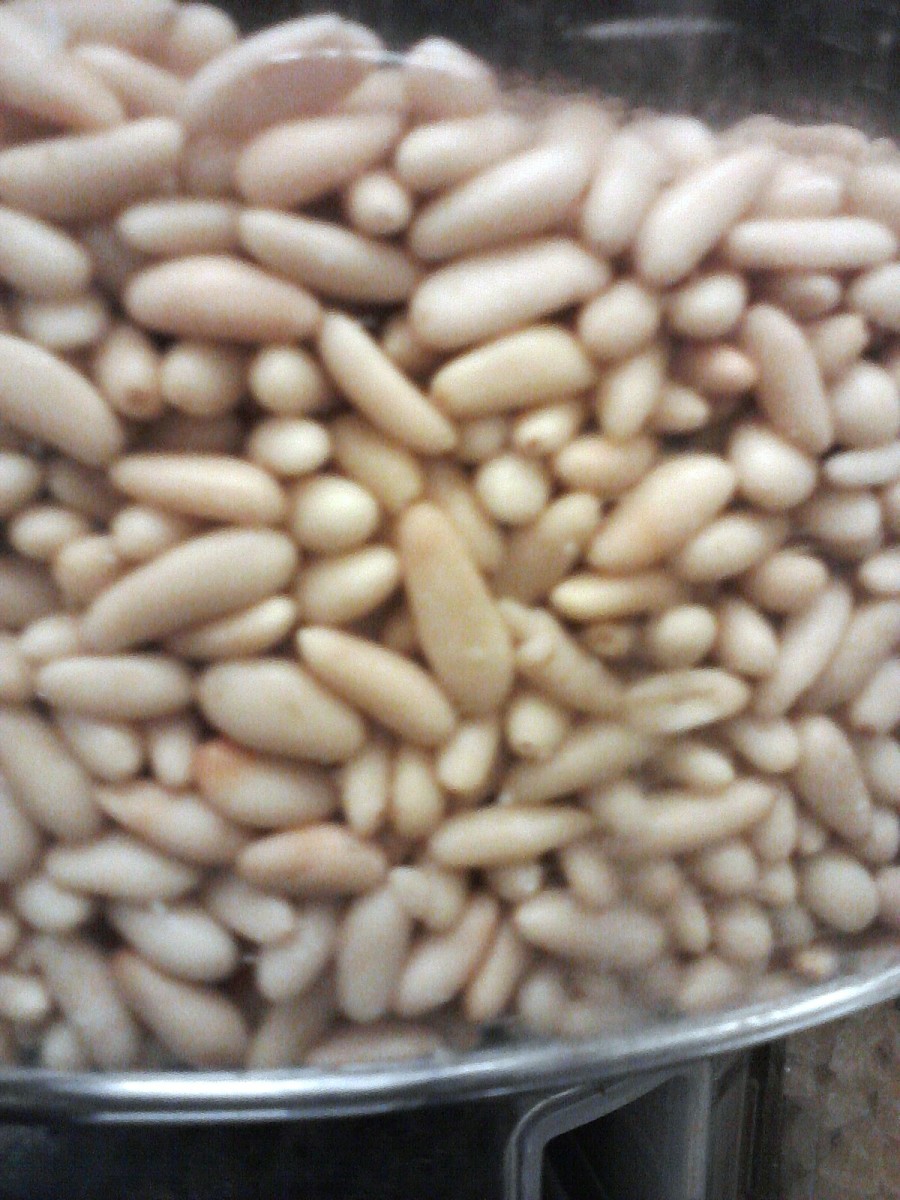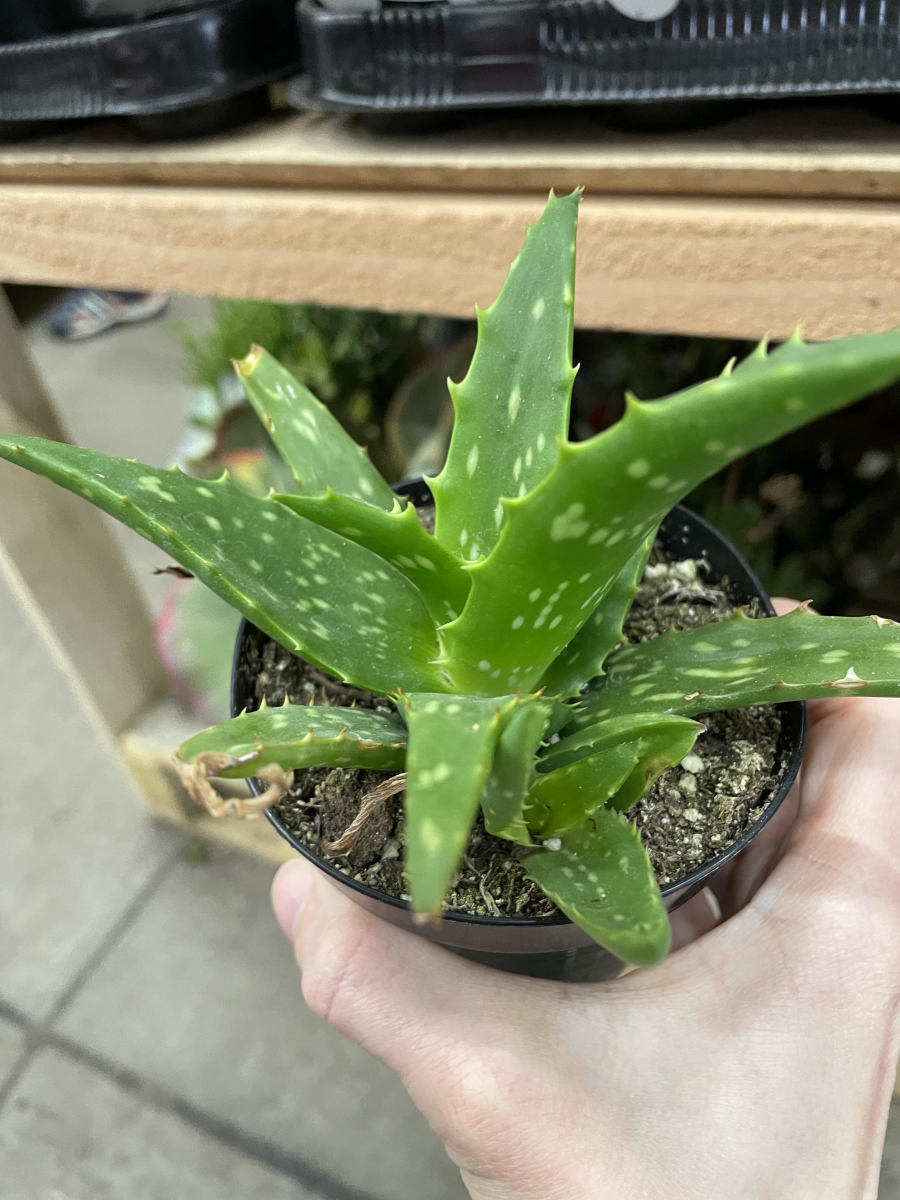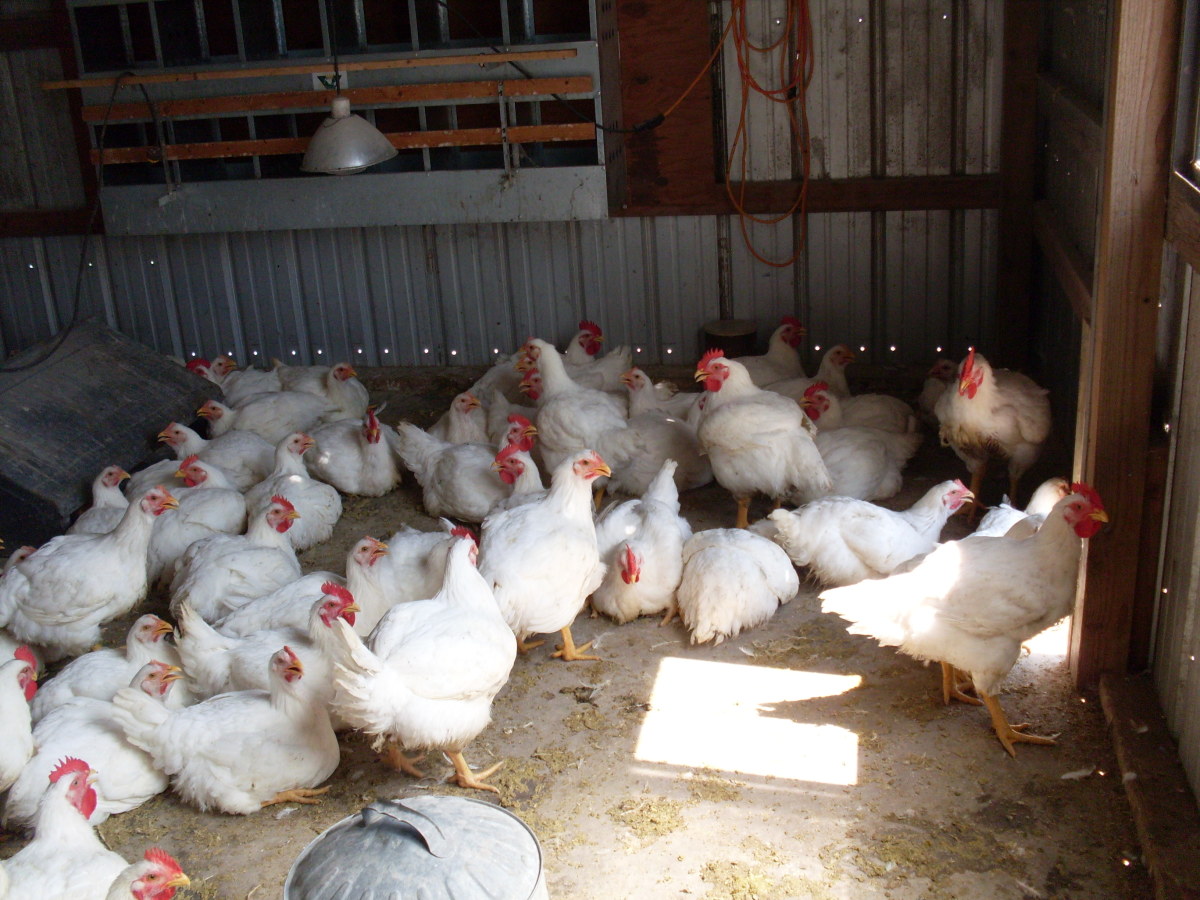The Health Benefits of Going Vegetarian
According the dictionary.com, a vegetarian is a person who does not eat or does not believe in eating meat, fish, fowl, or, in some cases, any food derived from animals, such as eggs or cheese, but subsists on vegetables, fruits, nuts, grain, etc. As of 2013, about 5% of the US population considers themselves to be vegetarian. Many claim to have given up meat and animal products for a variety of reasons, including a moral objection to eating animals, religious purposes, personal taste, or health reasons. Here we'll be examining some of the health benefits of a meat-free diet, and dispelling some of the common misconceptions about going 'veggie.'
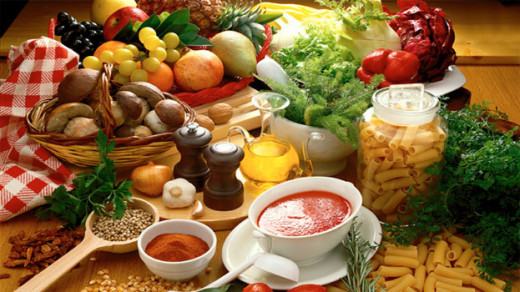
Common Misconceptions
Many people refrain from going vegetarian because they believe many of the common rumors about the diet. Here are some of the misconceptions, with a healthy bit of truth to go with it.
- Rumor: You can't get enough protein from a vegetarian diet.
Truth: You can get tons of protein from vegetables, grains, fruit and nuts! And all while cutting out most of the fat! 1 cup of broccoli, 2 cups of kale, and 1 whole sweet potato contain about 5 grams of protein. Half a cup of most kinds of beans contain the same amount of protein as 1 ounce of chicken. - Rumor: Going vegetarian can be very expensive
Truth: Vegetables and grains may seem expensive, but when you compare that to the fact that the average cost of most kinds of meat is about $3.00 per pound, the trade off isn't much different. Many meat-free recipes can also use frozen vegetables as opposed to buying fresh, which saves money on the initial purchase cost, and with a much longer shelf-life, prevents the risk of losing money by produce going bad. - Rumor: You won't feel as full without some kind of meat
Truth: The only way you would feel hungry on an all-vegetable diet would be if you weren't getting enough fiber, protein, and necessary fats in your diet. By including these necessities into your diet, you should always feel full with a meat-free diet. Fiber literally fills up your system and helps regulate your blood sugar, which controls cravings. Fat and protein provide your body with slow-burning energy to keep you feeling full, and avoid that lethargic, 'eat because I'm bored' sensation which causes many people to gain weight.

Many top nutritionists and dietitians have written extensively on the idea that maintaining a vegetable-based, high protein diet can have incredible benefits to your health, and may even help to improve or even cure some common medical conditions and health concerns.
Nutritionists argue that adding more nutritious foods to your diet can provide your body with additional vitamins and healthy calories, while swapping out meat may eliminate many of the toxins and harmful chemicals introduced to your body through hormone-fed or genetically modified animal products. Many animal products also have been found to contain high levels of chemicals such as preservatives, purifying agents and even very harmful substances such as formaldehyde- a substance used in building materials that has widely been linked to causing cancer.
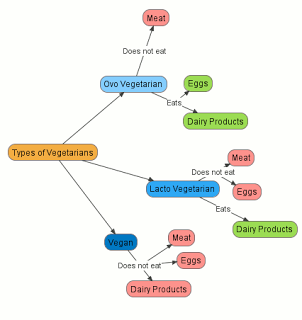
Different Classifications of 'Vegetarian'
Being a non-meat eater generally implies vegetarian, but there are others who have structured their diet in ways which may include some kinds of animal by-products, and others which refrain from them altogether. The ADA, or American Dietetic Association, provides some more detailed classifications for vegetarians:
- Vegans or total vegetarians refrain from consuming all animal products (e.g. meat, poultry, fish, eggs, milk, cheese, and other dairy products). Many vegans also do not eat honey, as it is a product from bees.
- Lactovegetarians exclude meat, poultry, fish, and eggs but do not refrain from adding some dairy products to their diets
- Lacto-ovovegetarians exclude meat, poultry, and fish but include dairy products and eggs. Majority of the vegetarians in the US are lacto-ovovegetarians.
- Pescetarians exclude most kinds of animal meat from their diet, but do not refrain from eating seafood such as fish or shellfish.

Weight Loss
Adopting a plant-based diet may also help you to lose excess body fat. Note that I specified 'plant-based' and not simply vegetarian - you can eat all the pastas, french fries, cookies and donuts you'd like and still be a vegetarian! But sadly these will not aid in your weight loss goals.
Consuming mainly natural plant-based products may help eliminate much of the fat and cholesterol you may not even have known you were consuming with in a meat-eating diet. Simply by switching out those greasy burgers for a tofu-based stir fry can save almost a day's worth of calories!
Preventing Disease
Much research over the years has shown that a vegetarian diet may help reduce the risk of many diseases and physical conditions that ail most people. This diet has been shown to help reduce the risk of heart disease, lower cholesterol and high blood pressure, and improving over-all heart-health.
People with certain digestive disorders have also shown great improvement with the inclusion of a more plant-based diet. They generally have less acidity in their system, helping to relieve the pain of heartburn and gastritis, and experience more regularity.
Consuming a primarily plant-based diet has also been shown to aid in longevity. In a 6-year study of more than 73,000 people, researchers discovered that those who consumed a vegetarian or even semi-vegetarian diet lived up to 12% longer than those who did not.
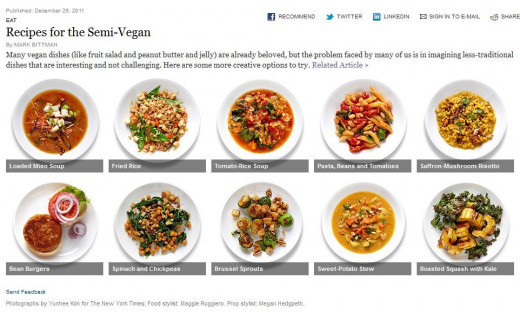
Adding These Ideas to Your Own Diet
Whether you are thinking about becoming a vegetarian, already are one, or are simply looking to create a healthy lifestyle, there are many resources you can use to help incorporate a nutritious diet into your everyday life.
For more information on the benefits of going Vegan, check out the documentary called Forks Over Knives, available on Netflix and Amazon.
Visit These sites for various vegetarian, vegan, and pescetarian recipes everyone in your family will enjoy, and be sure to share some of your favorites here!
- http://www.forksoverknives.com/ - New Healthy Recipes Everyday
- http://www.vegetariantimes.com/recipe/ - A huge online collection of vegetarian recipes
- http://www.delish.com/recipes/cooking-recipes/vegetarian-recipes - Delicious and affordable meals without meat!
